The Federal Communications Commission announced $450k in funding under the Emergency Connectivity Fund ECF.
Let’s read the news and determine how these funds will be utilized.
FCC Awards $450K From ECF For Home Learning
The Emergency Connectivity Fund (ECF) program, which libraries and schools manage, covers the cost of mobile devices and free internet access for students at home or outside campus locations.
The intention is to ensure that students nationwide have the assistance they need to complete their homework, participate in summer online learning courses, and enhance their education.
Since its launch in 2021, the Emergency Connectivity Fund program has provided libraries and schools three separate “application windows” to submit funding requests.
Also, Read “South Carolina Broadband Funding: Full $112.3M to Local Providers”
Roughly 1,000 students will be connected by the most recent grant, supporting applications from the third application window.
| ECF Window | Funding |
| Window 1 | $4.14 billion |
| Window 2 | $834 million |
| Window 3 | $2.12 billion |
Funding commitments totaling about $7.09 billion have been authorized so far. Supporting applications from Window 1 total about $4.14 billion, Window 2’s $834 million, and Window 3’s $2.12 billion.

About 18 million pupils, 11,500 educational institutions, 1,070 libraries, and 130 consortia have benefited from the funding so far. It additionally contributed to over 8 million broadband connections and nearly 13.5 million connected devices.
Also, Read “Starlink Excels in Urban Areas: Q3’s Stellar Performance”
In a prepared statement regarding the FCC ECF program, FCC Chairwoman Jessica Rosenworcel stated, “The Homework Gap remains a serious challenge for today’s students and families.
This funding is a vital investment that helps ensure everyone who counts on schools and libraries can get the connections they need to thrive in the digital age.”
Note: The “Homework Gap” is the term the FCC uses to describe students’ lack of internet access.
Also, Read “Top Broadband Developments of 2023”
The Federal Communications Commission also recently unveiled “Learn Without Limits,” a new project to modernize the E-Rate program to enable Wi-Fi on school buses and permanent assistance to loan out Wi-Fi hotspots as a long-term solution to overcome the homework gap.
More than 15 years ago, the E-Rate program was created to assist libraries in obtaining funding for basic internet connections. The regulator has broadened the program’s scope of usage since its inception, enabling it to include Wi-Fi in school and library buildings.
Also, Read “Wisconsin Gets $140M More from CPF for Internet Connectivity”
Now, with “Learn Without Limits,” the E-Rate program is moving forward to achieve another feat.







Add Comment